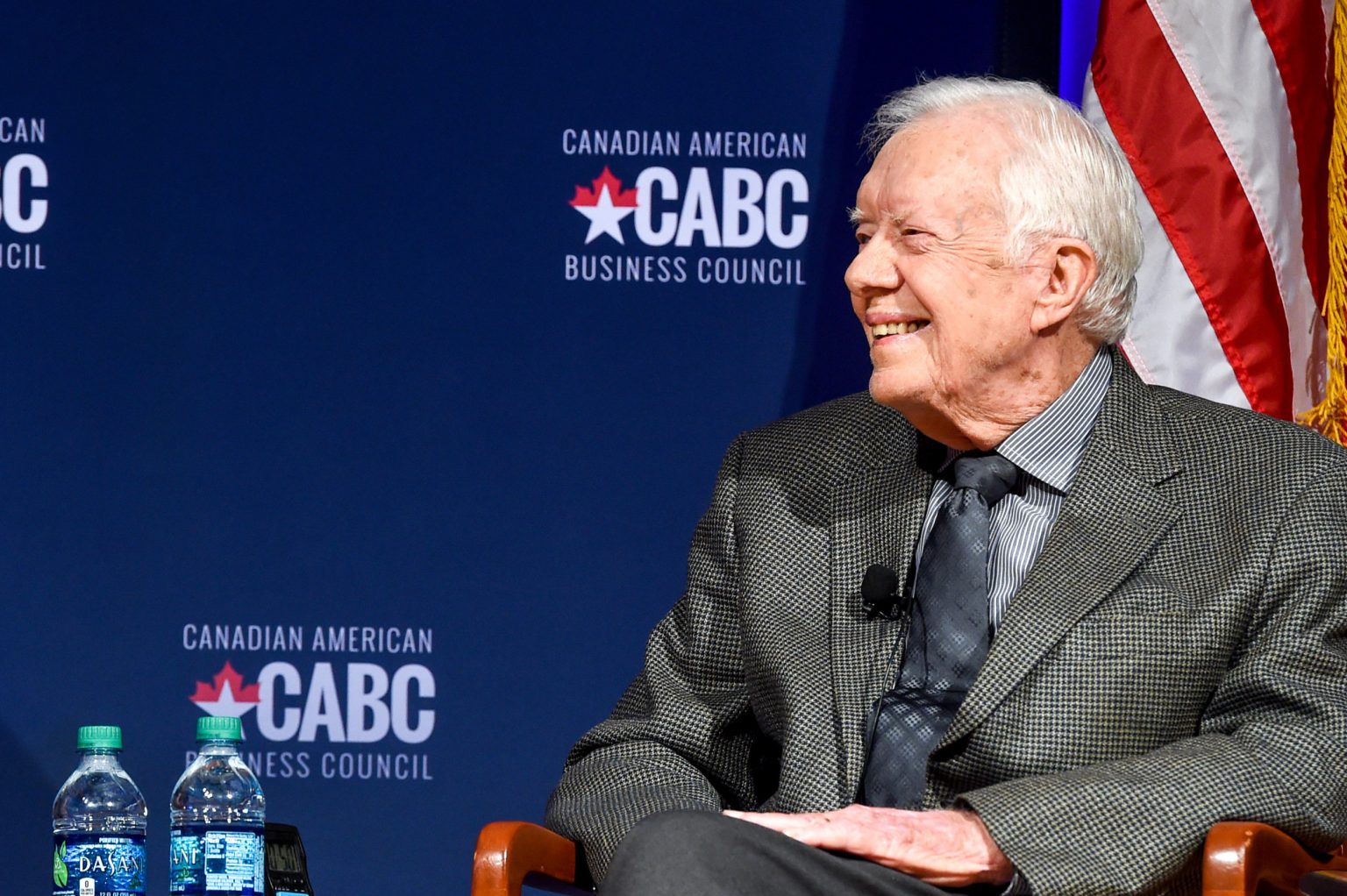James Earl “Jimmy” Carter Jr., the 39th President of the United States, passed away at the age of 98. His presidency, spanning from 1977 to 1981, was followed by decades of dedicated humanitarian work, earning him the Nobel Peace Prize in 2002. Toward the end of his long and impactful life, Carter faced a series of health challenges, including a highly publicized battle with metastatic melanoma in 2015. Despite the grim prognosis, Carter displayed remarkable resilience and unwavering optimism, ultimately overcoming the disease and continuing his philanthropic endeavors for several more years.
Carter’s cancer journey began in the summer of 2015, during the early stages of the contentious 2016 presidential election campaign. Initially, he sought medical attention for what he thought was a severe cold contracted during an election monitoring trip to Guyana. Subsequent examinations at Emory University Hospital revealed a tumor on his liver. Surgical removal of the tumor was swiftly performed, but further testing revealed the concerning diagnosis: melanoma, a highly aggressive form of skin cancer. The news was made public in August 2015, capturing national attention and inspiring an outpouring of support.
The diagnosis was further complicated by the discovery that the cancer had metastasized to four locations in Carter’s brain. Despite the dire circumstances, Carter remained remarkably composed and optimistic. Known for his deep faith, he expressed a sense of peace, stating that he had lived a full and rewarding life and was prepared for any outcome. He entrusted his fate to “the hands of God” and approached his treatment with a characteristic blend of pragmatism and hope. This public display of acceptance and resilience garnered widespread admiration and resonated with many facing similar health battles.
The medical team at Emory University Hospital devised an aggressive treatment plan for Carter, incorporating cutting-edge immunotherapy with the drug pembrolizumab, in conjunction with targeted radiation therapy. Pembrolizumab, approved by the FDA just a year prior, was at the forefront of cancer treatment, harnessing the body’s own immune system to fight cancer cells. Carter underwent four grueling rounds of immunotherapy and radiation, enduring the side effects with his customary stoicism. Remarkably, by December 2015, Carter announced to his church congregation that the treatment had been successful: follow-up scans revealed no detectable cancer.
Carter’s triumph over metastatic melanoma became a testament to his tenacity, the power of innovative medical treatments, and the importance of a positive outlook. His public battle with the disease also served to raise awareness about melanoma, its risks, and the importance of early detection and treatment. While he acknowledged the possibility of recurrence, Carter’s recovery allowed him to continue his humanitarian work with renewed vigor. He remained a steadfast advocate for peace, human rights, and global health, leaving an enduring legacy that extended far beyond his time in the Oval Office. He continued to work with the Carter Center, an organization he and his wife, Rosalynn, founded in 1982. The Carter Center focused on promoting democracy, human rights, and addressing global health issues.
Carter’s survival, against formidable odds, underscored the rapid advancements in cancer treatment, particularly in the field of immunotherapy. His experience became a beacon of hope for other cancer patients, demonstrating that even advanced stages of the disease can be overcome. The former president’s unwavering commitment to service, even in the face of personal adversity, further cemented his image as a compassionate and dedicated public servant. His life, marked by humility, integrity, and a deep concern for others, inspired generations and continues to serve as a model of ethical leadership and unwavering commitment to humanity. His passing marks the end of an era, but his legacy of peace, service, and resilience will continue to inspire for generations to come.


